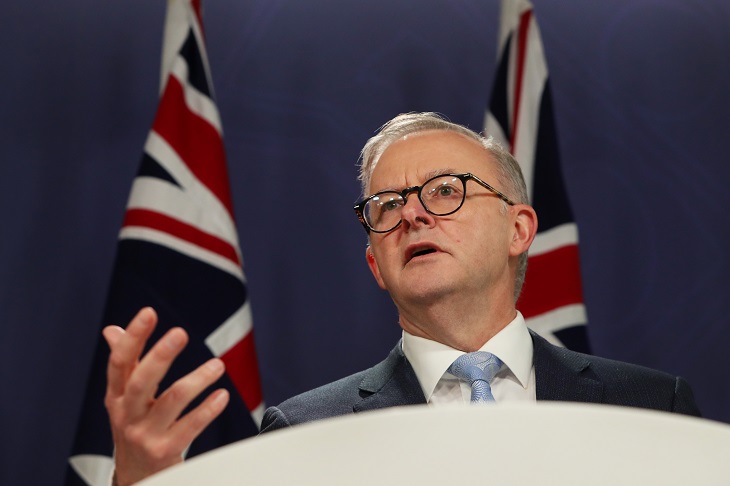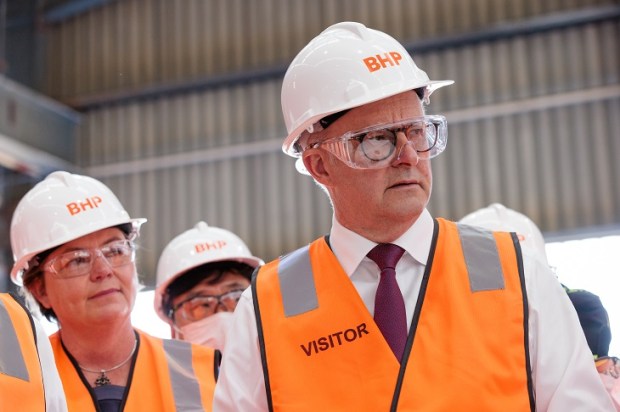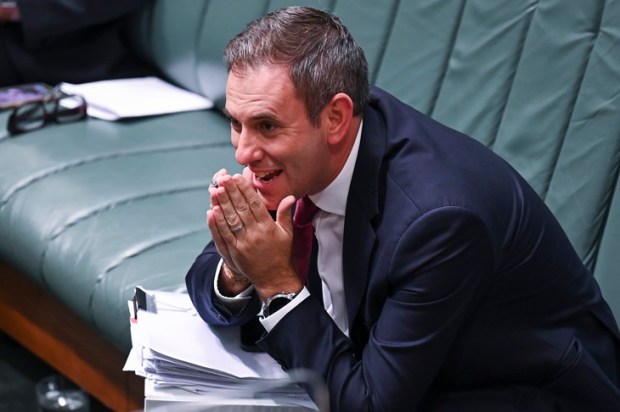As Prime Minister Anthony Albanese winged his way back to Australia after the Queen’s funeral, he would have been wise to look back over his shoulder at announcements being made in the House of Commons by the new UK Truss government.
While Albanese was in flight, the UK Chancellor (Treasurer) was repealing UK tax administration laws that had been smashing UK self-employed people since 2017.
Already a subscriber? Log in
Subscribe for just $2 a week
Try a month of The Spectator Australia absolutely free and without commitment. Not only that but – if you choose to continue – you’ll pay just $2 a week for your first year.
- Unlimited access to spectator.com.au and app
- The weekly edition on the Spectator Australia app
- Spectator podcasts and newsletters
- Full access to spectator.co.uk
Or


























Comments
Don't miss out
Join the conversation with other Spectator Australia readers. Subscribe to leave a comment.
SUBSCRIBEAlready a subscriber? Log in